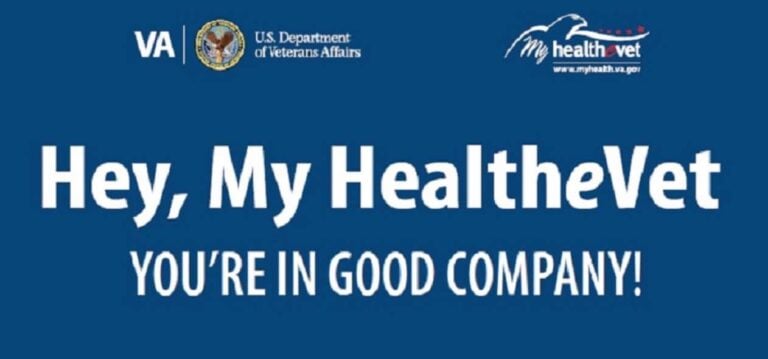Navigating VR&E: A Veteran’s Guide to Education and Employment Benefits
The journey through Veteran Readiness and Employment (VR&E) can be complex and nuanced, often leaving veterans with more questions than answers. Whether you’re embarking on this path for the first time or encountering obstacles along the way, understanding your options and rights is paramount. This guide aims to clarify the VR&E process, offering insights and strategies to help veterans successfully navigate their education and employment benefits.
Understanding VR&E
VR&E, formerly known as Vocational Rehabilitation and Employment, is a program designed to help veterans with service-connected disabilities prepare for, find, and maintain suitable employment. For some, this may involve pursuing higher education or training to achieve their vocational goals.
The Process: From Application to Approval
- Initial Application: Start by applying for VR&E benefits as soon as you identify a need. Don’t wait until after graduation or job loss; timing can significantly impact your eligibility and the benefits you receive.
- Evaluation and Goal Setting: Upon acceptance, you’ll undergo an evaluation to determine your eligibility and needs. It’s crucial to clearly articulate your vocational goals and how your service-connected disabilities impact your employment prospects.
- Plan Development: Work closely with your VR&E counselor to develop a plan that outlines your path to achieving your vocational goals. Whether it’s pursuing a degree or entering a training program, ensure your plan is tailored to your aspirations and limitations.
- Navigating Changes and Challenges: It’s not uncommon to encounter hurdles, such as the need to adjust your vocational goals or request additional training. When faced with such challenges, proactive communication and documentation are key. Submit change requests in writing, and be prepared to provide rationale and evidence to support your case.
Common Scenarios and Solutions
- Pursuing Higher Education: Veterans aiming to further their education beyond a bachelor’s degree may face scrutiny. It’s essential to demonstrate how additional qualifications, such as a master’s or doctoral degree, are necessary for achieving your vocational goals and overcoming employment barriers.
- Changing Vocational Goals: If you find your initial career choice unsuitable due to evolving interests or increased disability limitations, submitting a well-documented plan change request is critical. Explain the justification for the shift and how it aligns with your career aspirations.
- Overcoming Denials: Denials can be disheartening, but they aren’t the end of the road. Consider options like submitting a higher-level review or supplemental claim, and don’t hesitate to seek legal advice. Remember, each case is unique, and persistence can pay off.
Take Control of Your Future with Professional Guidance
Understanding the ins and outs of the VR&E program can sometimes feel like navigating a maze. If you’re seeking clarity on your benefits, contemplating an appeal, or just need guidance on how to proceed, connecting with a VRE expert can illuminate your path forward. With specialized knowledge in veteran education and employment benefits, a VRE expert can offer the insights and strategies you need to leverage your VR&E benefits effectively.
Empower your journey with informed, expert guidance. Explore your options today and take a confident step towards achieving your vocational and educational aspirations.
Reach out to explore how expert VRE guidance can help you unlock your full potential.
Leveraging Your Benefits
While VR&E aims to support veterans in achieving employment readiness, navigating the program requires patience, persistence, and informed advocacy. Stay engaged with your counselor, leverage available resources, and remain steadfast in pursuing your goals.
FAQs
Can VR&E pay for graduate degrees?
Yes, VR&E can fund graduate degrees if it’s demonstrated that the degree is necessary for achieving your vocational goals.
What should I do if my VR&E counselor is unresponsive?
Consider escalating your concerns through official channels, such as contacting the supervisor or filing a congressional inquiry.
Can I change my vocational goal after approval?
Yes, changes are possible but must be justified and approved through a formal change request process.
Is self-employment an option with VR&E?
VR&E can support self-employment tracks, although funding and resources may vary based on individual cases and feasibility assessments.
What steps should I take if I’m denied VR&E benefits?
Explore decision review options, such as a higher-level review or supplemental claim, and seek professional guidance if needed.




VRE..they will not get you a job. They throw you peanuts and get rid of you. It’s only good for education benefits.. barely worth talking to one of those sots on the phone. Big pain in the asshole.